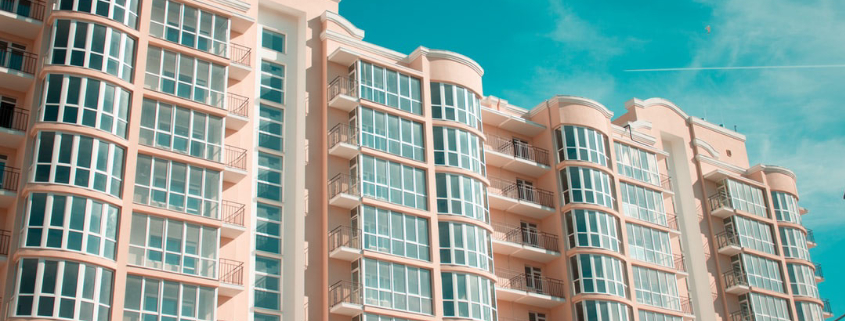Q: I own the top unit in a two-story building. Heavy rains caused roof damage which caused significant ceiling damage in my unit. The property manager quickly sent a roofer to fix the exterior problem. They will provide service to replace my ceiling sheet rock but will not pay for ceiling paint. Why shouldn’t it be made whole? I was told that Florida condominium law does not require the association to paint. Is that accurate? (M.W., via e-mail)
A: Generally speaking, yes. It sounds like the damage to your ceiling occurred due to what the Florida Condominium Act calls an “insurable event”, sometimes called a “casualty”. The basic rule in the statute is that whoever insures the element (as between the association and the unit owner) pays for any uninsured repair costs after a casualty.
Generally speaking, the association maintains all structural elements of the building, including drywall. However, Section 718.111(11)(f) of the statute provides that the association’s coverage excludes all personal property within the unit or limited common elements, floor, wall and ceiling coverings, electrical fixtures, appliances, water heaters, water filters, built-in cabinets and countertops, and window treatments, including curtains, drapes, blinds, hardware, and similar window treatment components, or replacements of any of the foregoing which are located within the boundaries of the unit and serve only such unit.
Ceiling paint would be considered a “ceiling covering” and would be your responsibility unless you could somehow show that the association’s negligence caused the water intrusion, in which case you would have to make a claim against the association outside of the insurance adjustment process, which is unlikely worth the effort.
You should also speak to your personal insurance agent. Although no longer mandated by statute (in the eyes of most, there is some ambiguity in the statute), you should be carrying insurance to cover losses to those portions of the property the association doesn’t insure, which were listed above. In condominiums, this is usually referred to as “HO-6” coverage, and will also usually provide you with protection against liability claims and must provide you with a minimum amount of “loss assessment coverage”, which would reimburse you if your association levied a special assessment after a significant casualty event, such as a hurricane.
Q: My association is mandating that I use city water for my new plants. The irrigation system uses reclaimed water. Can the association make me pay to use city water when I pay monthly dues which includes irrigation for landscape? (D.L., via e-mail)
A: It is not uncommon for associations to use reclaimed water to irrigate the landscape, in fact, most associations do so. You should review your governing documents to determine exactly what maintenance requirement your Association has.
I suspect that your governing documents provide that owners are responsible for the expense of caring for extra landscaping added and that your association is taking the position that this expense includes watering through your home’s potable water, rather than through a centralized reclaimed water irrigation system. That position may be justified, again depending on the language of your governing documents.
Q: My board of directors wants to amend our rules regarding the minimum lease term. What notice of this board meeting to the owners is required? (B.R., via e-mail)
A: While board meetings generally require forty-eight 48 hours’ posted notice, board meetings at which rules pertaining to parcel or unit use will be considered require at least fourteen 14 days’ mailed and posted notice. E-mail may be used in lieu of regular mail if the owner has consented to receive his or her official notices in that fashion.
Your board should consult with legal counsel before proceeding. While I have seen a few documents that grant the board sufficient authority to amend minimum lease terms, that is far from the norm. In most cases, an amendment to the declaration would be required, which almost always requires an owner vote. Further, Section 718.110(13) of the Florida Condominium Act contains a “grandfathering clause” that applies to certain types of rental amendments.
Originally posted on floridacondohoalawblog.com Written by Joseph Adams of Becker & Poliakoff, P.A.,

